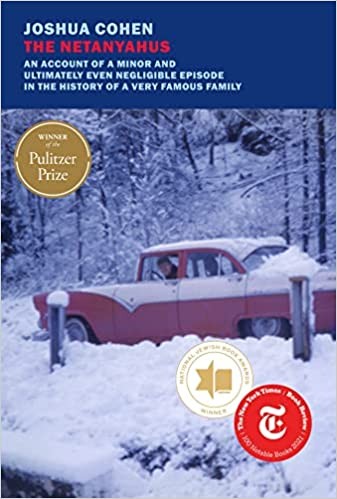Books
2025

Permutation City by Greg Egan (1994)
Sci-fi that may be harder than concrete. Maybe a bit too hard. Permutation City follows a world where simulated consciousness is fairly normal. There is the issue of the computing resources need to prop up these cyber minds but it affords one the option to have a copied brain in the computer. The ethics of the self and of artificial life are pondered and used in plot points, which was interesting. It did feel a bit like a cyperpunk novel with far more science plugged in to try justify the plot. I think some of the explanation that justified the plot points went over my head. Like I still don't know why the second chapter happend at all even though I know it was explained at the end of the first chapter. Fun time but may need more reads to really get it.

Small World by David Lodge (1984)
A jet-setting comedy romance with all the more charm and humour than David Lodge's previous novel. The book is based around the world of academic conferences, where the learned elite spend taxpayer money to globetrot and sniff farts. The book takes some characters from _Changing Places_ as well as introducing a handful of lovely additions. Persse McGarrigle is sent on a quest to find his true love after meeting at a english conference in totally not Birmingham. One of the funniest books I've read but I may be biased due to the setting.
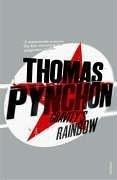
Gravity's Rainbow by Thomas Pynchon (1973)
A difficult novel. Infamously so. Some of the most effectively sculpted writing I have ever read but it is a bit much after a while. I feel like without the dedication to study the novel, I am missing so much. The dense prose and complex plot and references and symbolism that drenches this massive book require multiple readings to get a grip. Maybe I will return to the novel again. I don't regret my time with Gravity's Rainbow but I wish I could provide the book with the reader it deserved.
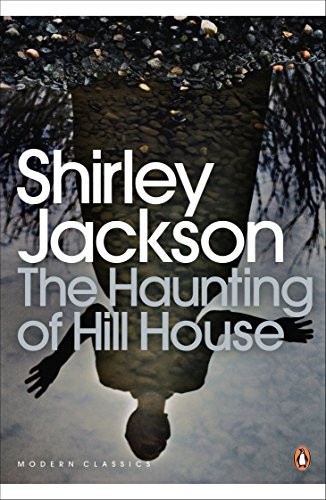
The Haunting of Hill House by Shirley Jackson (1959)
Done
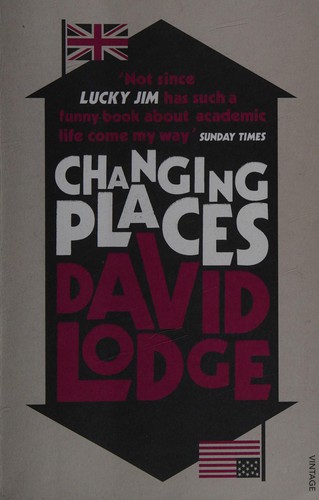
Changing Places by David Lodge (1975)
Done
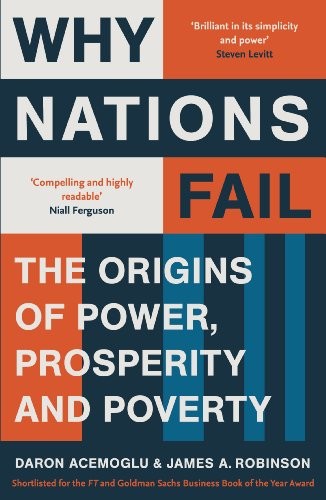
Why Nations Fail by Daamon Acemoglu & James A. Robinson (2012)
Done
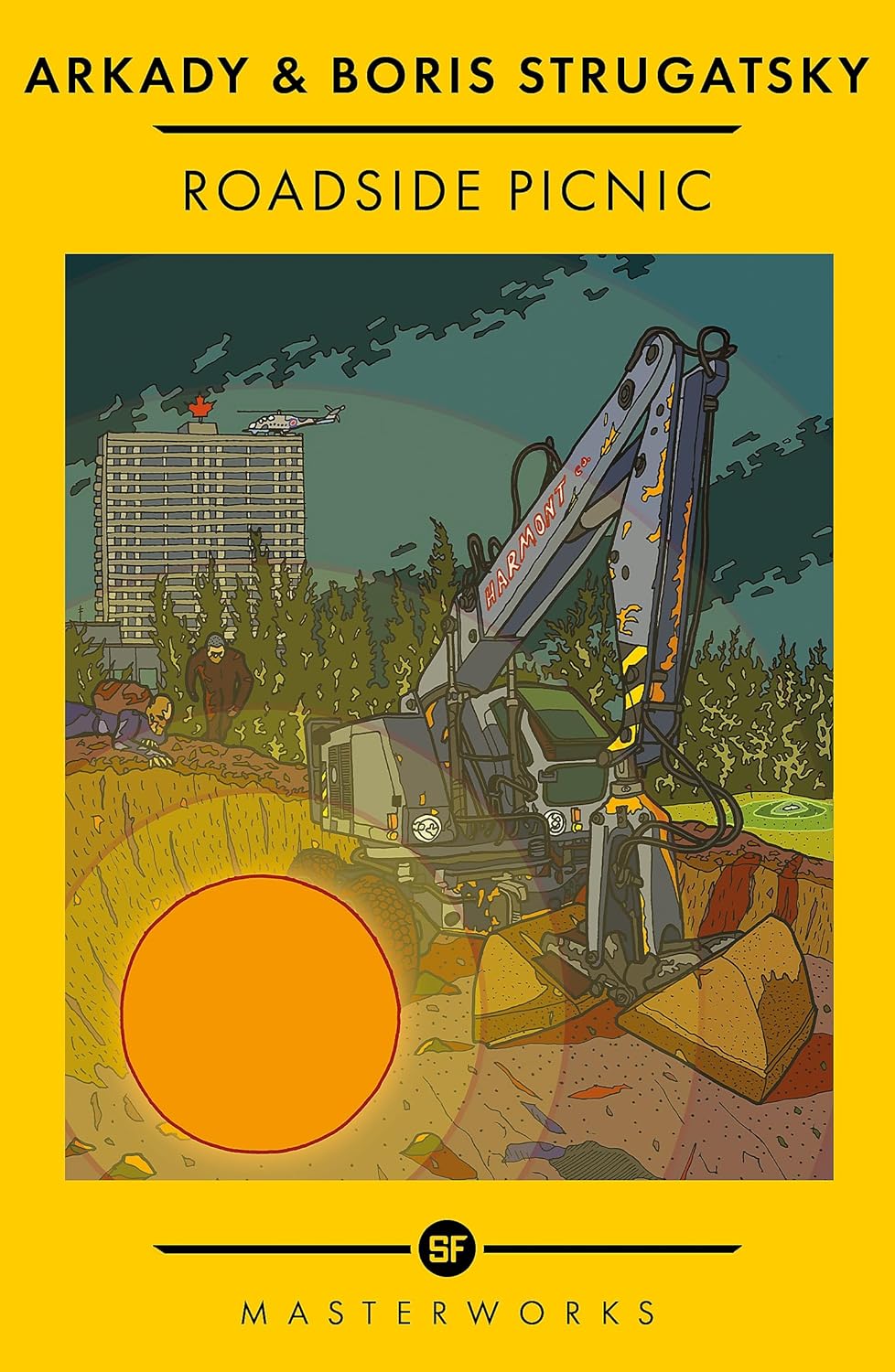
Roadside Picnic by Arkady & Boris Strugatsky (Translated by Olena Bormashenko) (1972)
Done
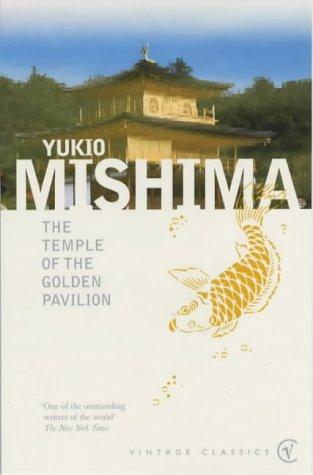
The Temple of the Golden Pavilion by Yukio Mishima (1956)
Done
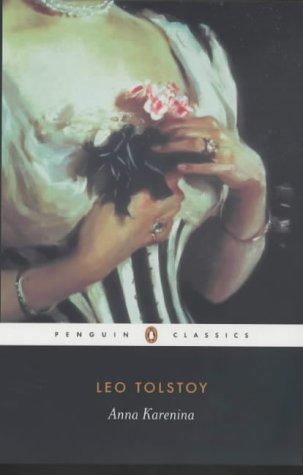
Anna Karenina by Leo Tolstoy (1878)
Understandable why this has had such an incredible impact. I loved this novel. The joy of spending the time learning about these characters and their lives. The heartfelt human dialogue to the introspective philosophical diversions. I really need to read more Tolstoy.

The Unbearable Lightness of Being by Milan Kundera (1984)
Done
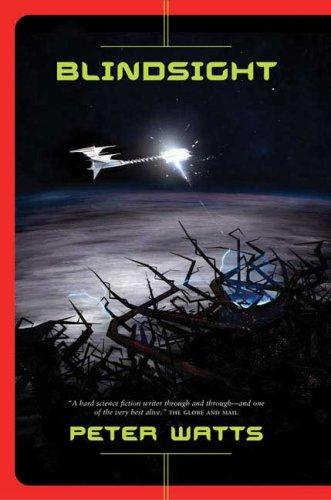
Blindsight by Peter Watts (2006)
Done
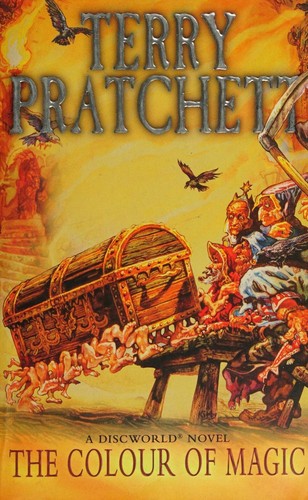
The Colour of Magic (Discworld Novel 1) by Terry Pratchet (1983)
Done
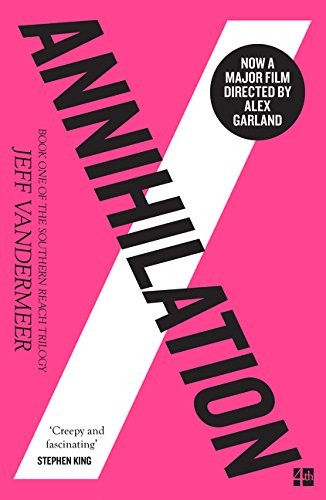
Annihilation by Jeff VanderMeer (2014)
Incredible bit of cosmic horror that is driven by ecological inspiration. Through very cold writing, VanderMeer creates an alien world, that is strange and intriguing. There is no joy or resolution to be had in Annihilation. Only questions, anxieties and doubts about everything you know. I'm excited to read more of the series but the book is entirely self contained and I worry that sequels may over share, killing the mystique of the Area X. Some of the characters writing can be a bit strange. In the first act, the book has a strange obsession with it's characters professions as if a highly educated person is entirely incompetent outside of their field.
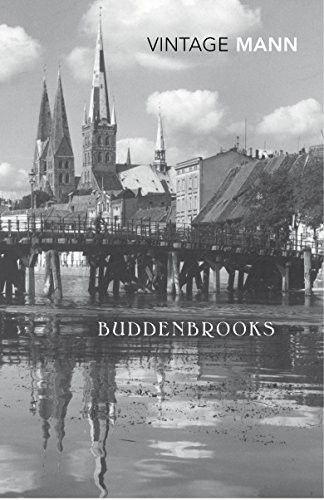
Buddenbrooks by Thomas Mann (Translated by H.T. Lowe-Porter) (1901)
A grand novel following the ebbs and flows of the mercantile Buddenbrooks family. It dives into the politics of 19th century German living and follows the family through multiple generations. The themes of duty to family and responsibility were very engaging for me. When is our duty to family above our own personal feeling or emotions? What do we owe our family? It's a book that may not mesh with the modern family dynamics but I expect the characters and their journey to not age but to continue to resonate.
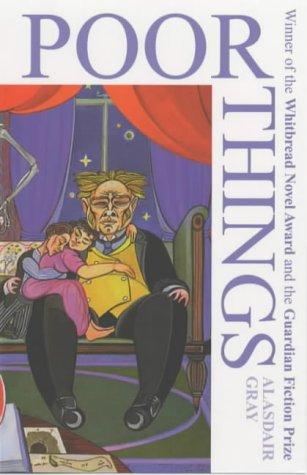
Poor Things by Alasdair Gray (1992)
A masterpiece of a character dissection by Alasdair Gray. Thoroughly enjoyed the characterisation of the strange main trio. The book contains a meta narrative where a self-published book called Poor Things is found by our author. This places doubts on the contents of most of this novel but this misdirection gives way for many interpretation of the books plots and themes. Incredibly fun and infinitely more interesting than the film (which I watched the night after finishing the book).
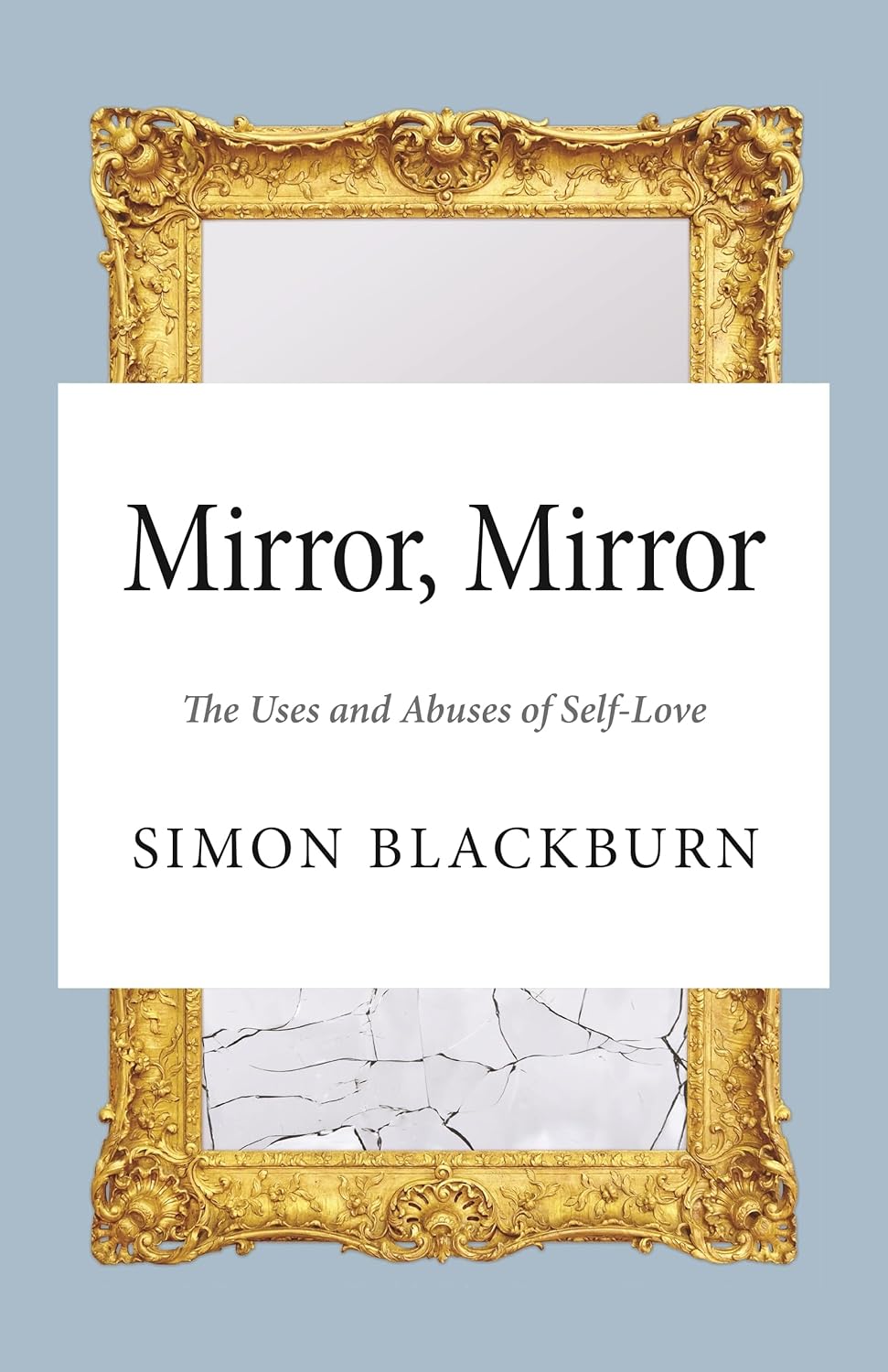
Mirror, Mirror by Simon Blackburn (2014)
Mirror, Mirror is a non-fiction book looking at the philosophy of the self and looks at how we place ourselves in relation to the social work. The book is particularly interested in narcissistic tendencies and the ethical concerns around these. Not in the popular usage but in an academic sense which includes experiences such as pride or vanity. An interesting survey of ideas across the main philosophical thinkers, using good concrete analogies to introduce his points. The work is presented as a professor's lecture, and luckily very fun and engaging ones at that
2024
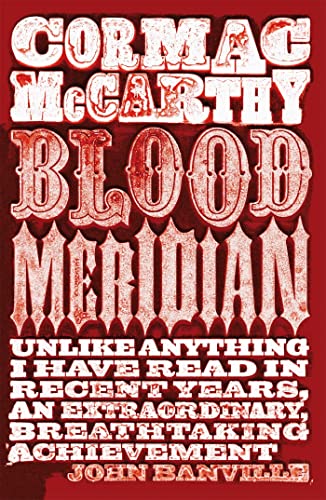
Blood Meridian by Cormac McCarthy (1985)
A western tale that is as cruel as it is beautiful. McCarthy's descriptions of the southern US and Mexico during the Mexican Indian Wars are intricate. Detailing the beautiful desert scenery like with a paint brush while presenting a tale of some absolutely horrible people. It is a book about immoral men told with a paint strokes of an old master. Very much want to read more from McCarthy, particularly post apocalyptic The Road.

Slint's Spiderland: 75 (33 1/3) by Scott Tennent (2007)
My first dive into the 33 1/3 book series. The series provides a biography of a single album. An overview of the music scene at the time, the inspirations for the album and the production process. This book instead provides a complete overview of the short-lived Slint and the Louisville, Kentucky alternative scene in the late 80s and early 90s. Slint (and most notably the album Spiderland) provided a touchstone for the emerging post-rock genre though there was and still is a large amount of mystery surrounding them. I find it interesting how there was a decent amount of pushback to this new sound within their home scene and only thanks to cheerleaders like Steve Albini, were Slint able to put coalesce into their final form on Spiderland. The author, who was a part of the mid-west scene at the time, gives incredible insight, almost reminiscing on a snapshot of his youth.
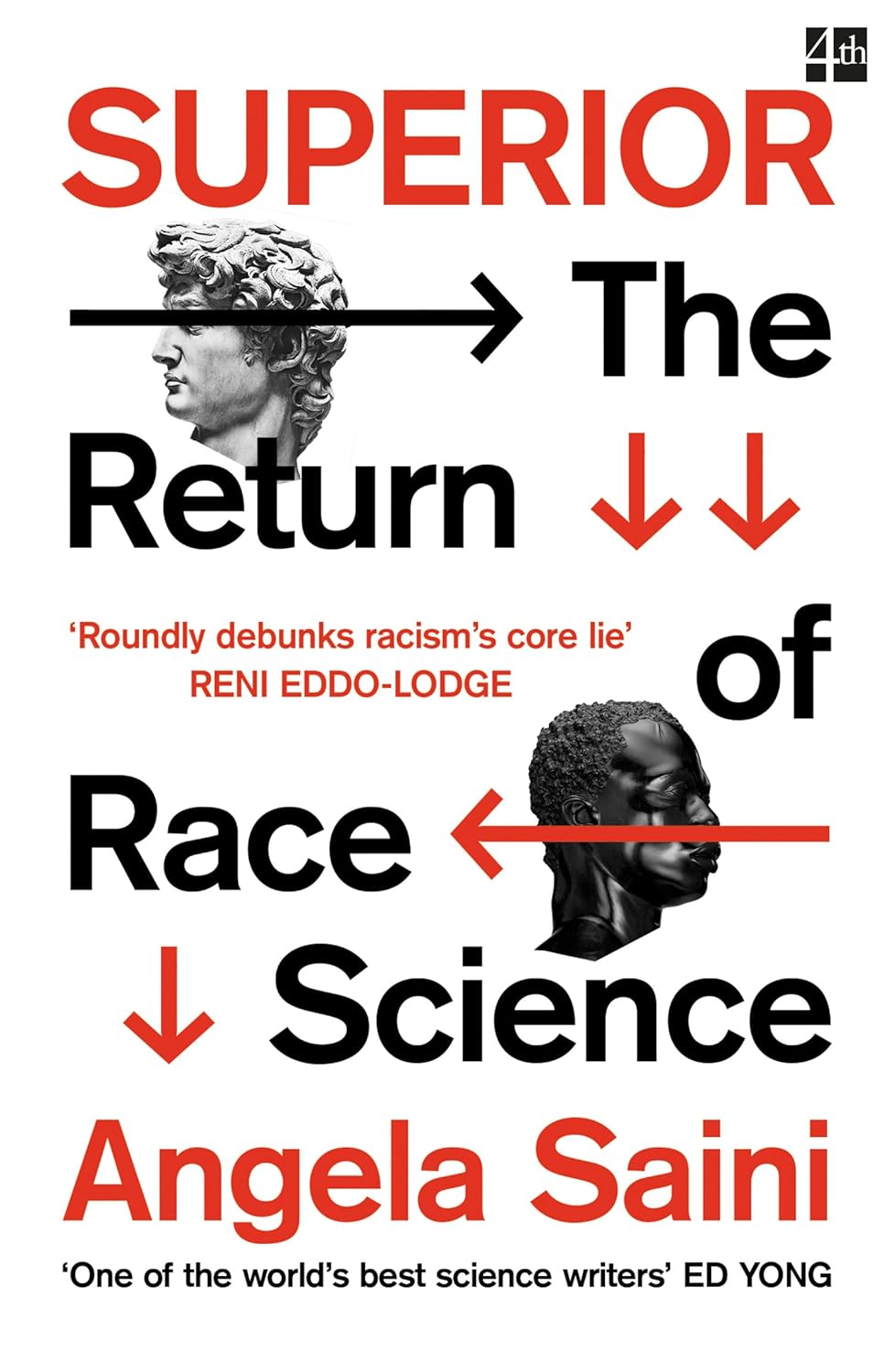
Superior: The Return of Race Science by Angela Saini (2020)
A curated history of race science and it's influence on the contructs of race. The misuse of science to reinforce archaic western understanding of race is as old as race itself but has not been eliminated even today. Race science was developed lockstep with slavery and colonialism. In a post renaissance world, science not just religion is required to justify sin. It was sad to recognise that many major research institutions in the western world were some of the largest contributors to these developments of eugenics. Even today, eugenics still exists under names like human biodiversity or human genitic variation. Even under the hands of well-meaning scientists, race will always be a plague on science.
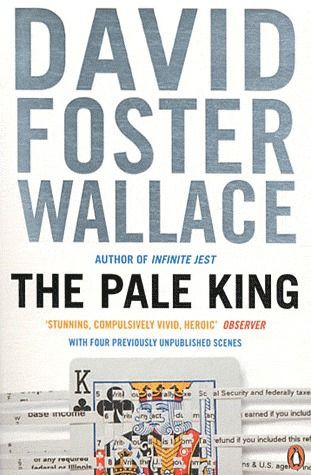
The Pale King by David Foster Wallace (2011)
Some of the most incredible prose I've ever read. Unfortunately, the book feels too scizophrenic and scatterbrained. Maybe this is due to the fact it was constructed posthumously but it requires too much brain power to keep a logical throughline in my head.
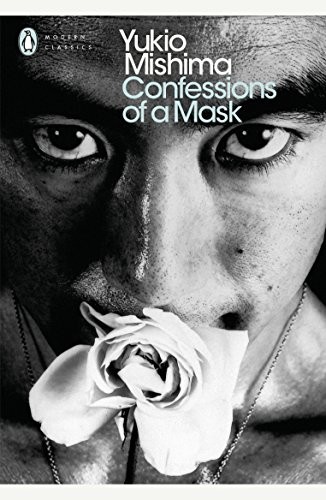
Confessions of a Mask by Yukio Mishima (1949)
This is my first time reading Mishima, and now I understand why his writing is so highly praised. The precision with which Mishima dissects the complexities of young love, lust and mortality is incredible. The psuedo-autobiographical story feels like a writer that is at war with the world and themselves, in constant anxiety and strife.
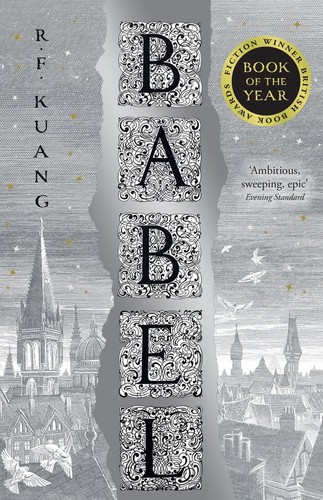
Babel by R. F. Kuang (2022)
The book creates a world of Oxford University that combines the wonder of a dark academia-themed world with the dark realities of the colonial project required for these types of institutions to exist. An atypical work of fantasy that still produces an intimate coming-of-age saga for a young chinese boy with in a paradoxical world.
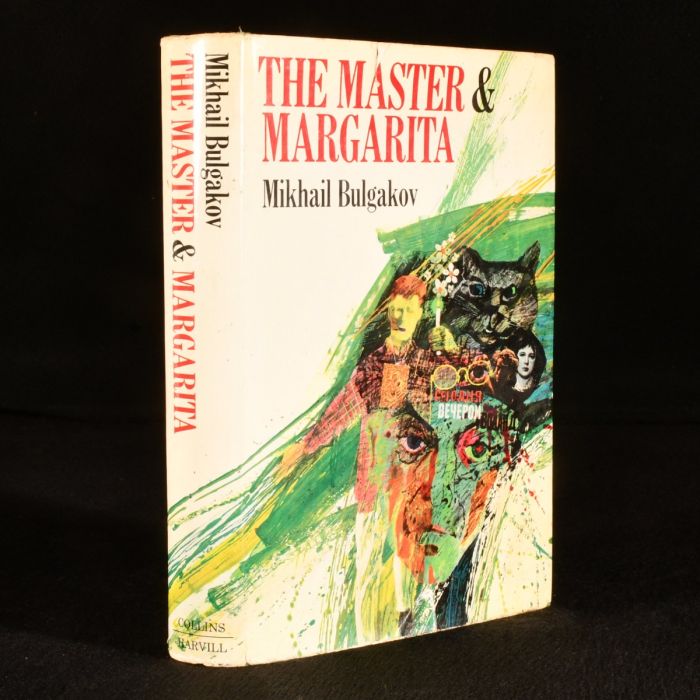
The Master and Margarita by Mikhail Bulgakov (1967)
Surrealist Soviet literature. I'm not really sure what I was expecting going in but I love it. The book is split in two: The first part talks about the devil arriving in Moscow and causing various hijinks. This part seems to stick with a gaggle of writers and artist which seem to be a projection of Bulgakov's social circle at the time. The second part is a far more abstract with a tale of the _Master_ and _Margarita_ that follows a love story and the now humanised devil and his hunchmen.
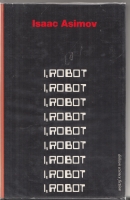
I, Robot by Isaac Asimov (1950)
A novel made of serials that is far greater than the sum of it's parts. It does feel like the vignettes are Asimov spinning up with new ideas about how humans would exist with robots. It's more about the human characters and societies relations to robots than the possible technology itself. I do sometimes find these hard to appreciate in a world so molded by his sci-fi.
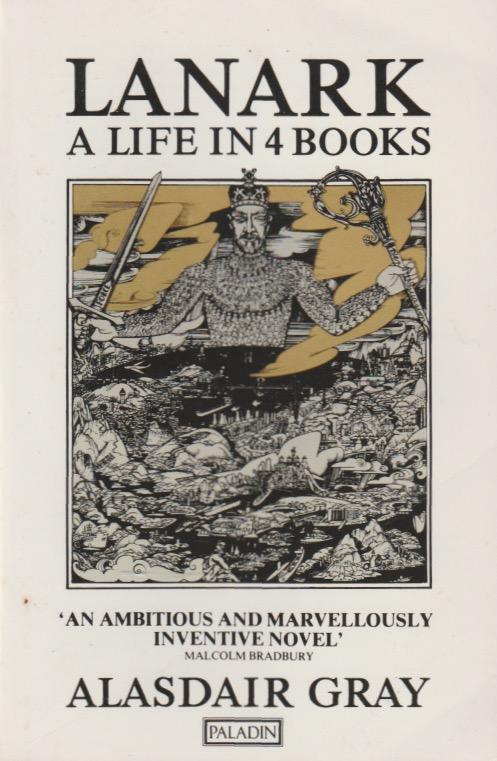
Lanark: A Life in 4 Books by Alasdair Gray (1982)
An epic. It spans 4 books with a non-linear presentation. It's a book that feels like a magnum opus, a bold expansive world that is somehow Gray's first novel. The novel is focused on two flawed men that seem to be drawn from the author's projection. Strange and sureealist in parts but heart felt and distressingly real in others. A journey through planes of reality and through human emotion.
2023
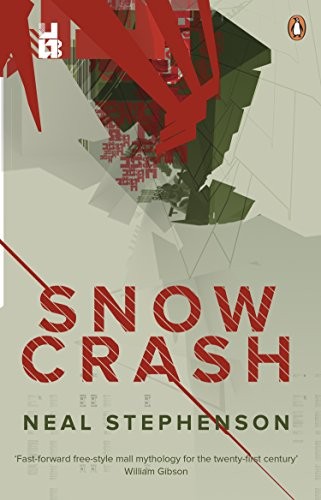
Snow Crash by Neal Stephenson (1992)
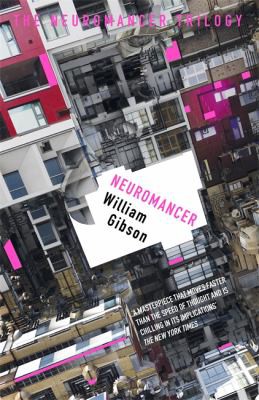
Neuromancer by William Gibson (1984)
